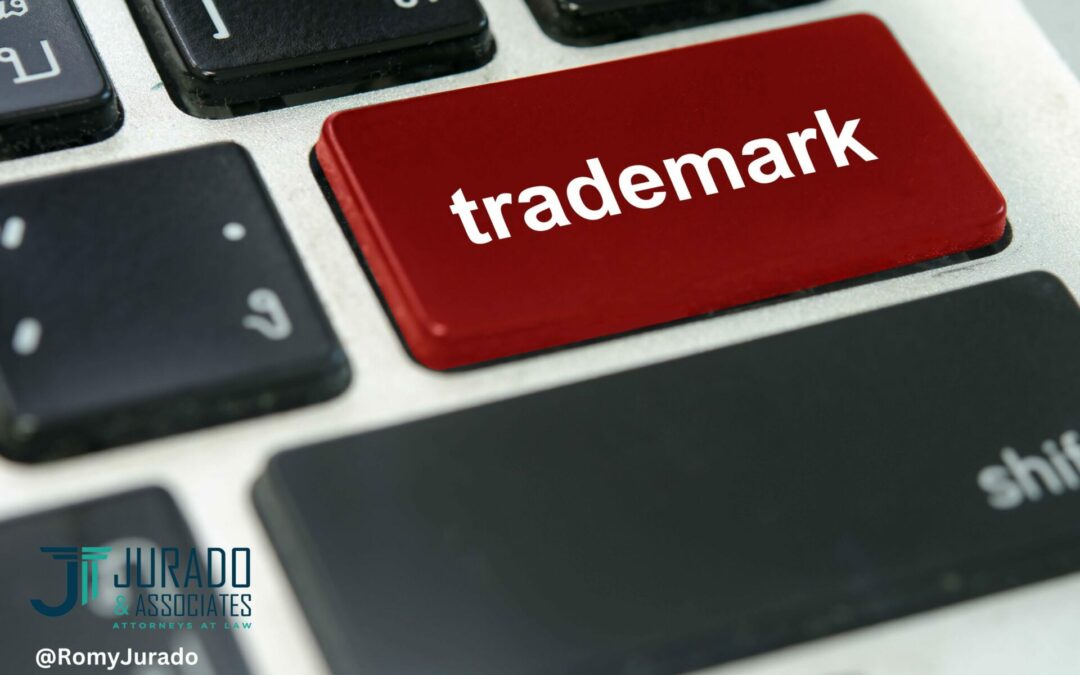Opting for the registration of a weak trademark can pose risks for your business. The potency of a mark is directly proportional to the enforceability of the owner’s rights. In this context, “strong” denotes uniqueness, while “weak” refers to a generic trademark that fails to create an immediate association with the business or its products among consumers.
On January 23, 2020, The Trademark Trial and Appeal Board reversed a likelihood of confusion refusal based on the two trademarks being different enough. A trademark applicant intended to register the mark “ANTARCTICA MARATHON” on the Principal Register for travel services. The applicant relied on Section 2(f) of the Trademark Act to demonstrate acquired distinctiveness. However, the U.S. Patent and Trademark Office determined the mark “ANTARCTIC ICE MARATHON & 100K” was very likely to cause confusion and issued a refusal.
The Trademark Trial and Appeal Board based its decision to reverse the refusal on the fact that the terms shared by the two marks were considerably weak in relation to the services offered. The owner of the mark “ANTARCTIC ICE MARATHON & 100K” had to disclaim both terms because one refers to the location of the event and the other refers to the type of event: a race. The strength of the conflicting marks – or lack thereof – played a major role in this case.
When two marks share terms that are merely descriptive, any addition to one of the marks is often enough to avoid the likelihood of confusion. Why? Because consumers are highly unlikely to perceive generic or descriptive terms as indicators of the source of a product or service, and the differences between two similar trademarks may be sufficient to avoid confusion. In other words, if the public will not rely on the shared generic or descriptive terms to identify the businesses, any additional term in the marks will differentiate the two sources. Since “ANTARCTIC ICE MARATHON & 100K” contains highly descriptive and generic terms, the mark’s scope of legal protection is considerably narrow. The Appeal Board determined that the mark “ANTARCTICA MARATHON” did not fall within that scope. Therefore, there was no likelihood of confusion.
Concerning the services, evidence indicated the existence of third parties providing the same type of services. Furthermore, the applicant revealed that its business also offered services related to marathon races. The Trademark Trial and Appeal Board determined that the services were related and complementary, strengthening the likelihood of confusion argument. Despite the applicant’s argument that certain du Pont factors favored finding no likelihood of confusion, the appeal board disagreed, asserting that these factors did not play a major role in the analysis.
In conclusion, the board found dissimilarity between the two marks not only in sight, sound, and meaning but also in commercial impression. The argument was raised that a single Du Pont factor could be dispositive.
Are You Registering a Weak Trademark?
To steer clear of undergoing a proceeding like the one described in this article, consider avoiding the registration of a weak trademark. Fortunately, you don’t have to navigate this process alone. Jurado & Associates, P.A. can assist you. If you’re seeking to register a trademark, we can ensure its strength and guide you through a successful registration. In the realm of intellectual property, Jurado & Associates, P.A. stands out as one of the premier law firms in Florida. Contact Jurado & Associates, P.A. at (305) 921-0976 or email [email protected] to initiate the process!





